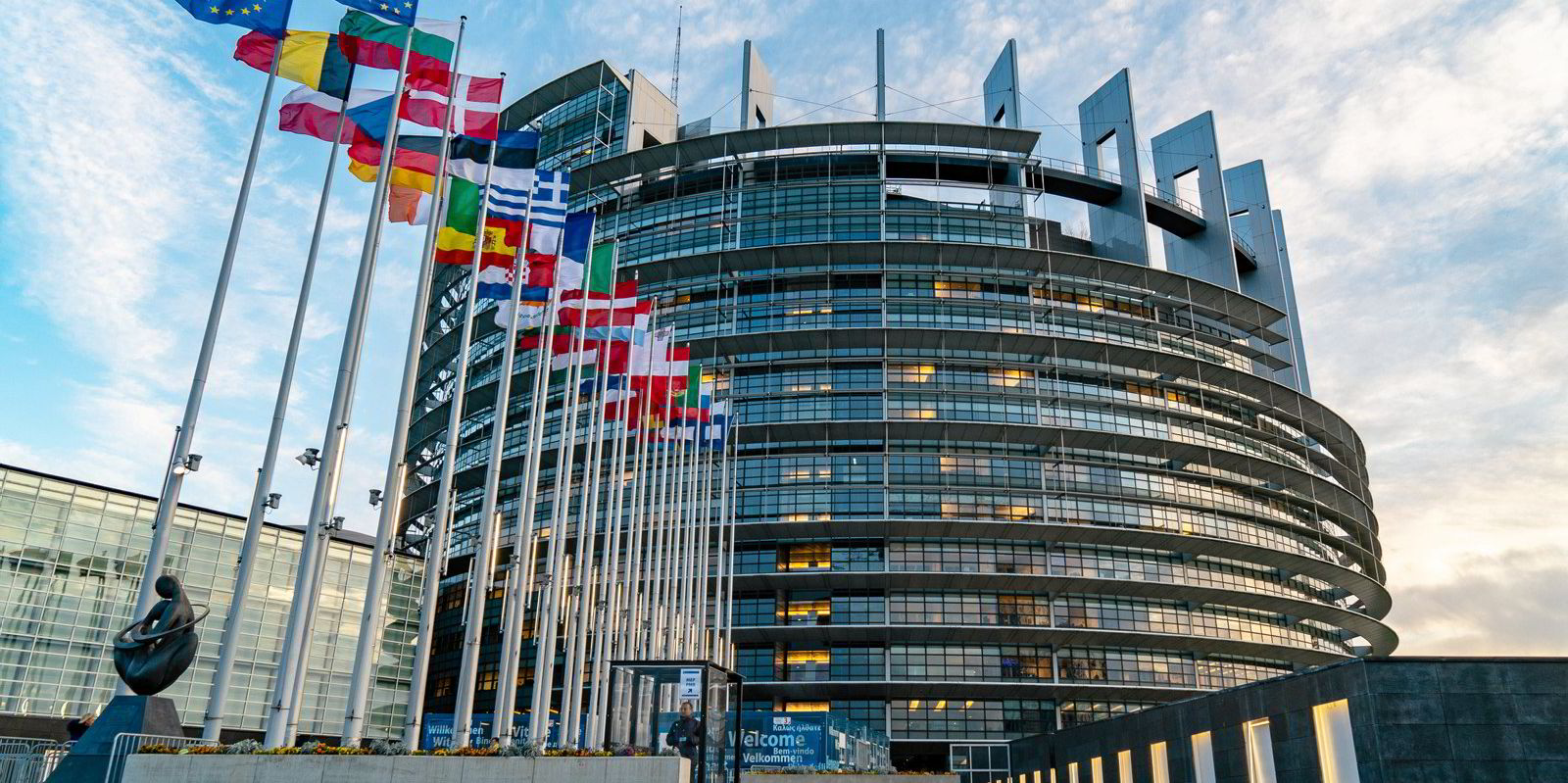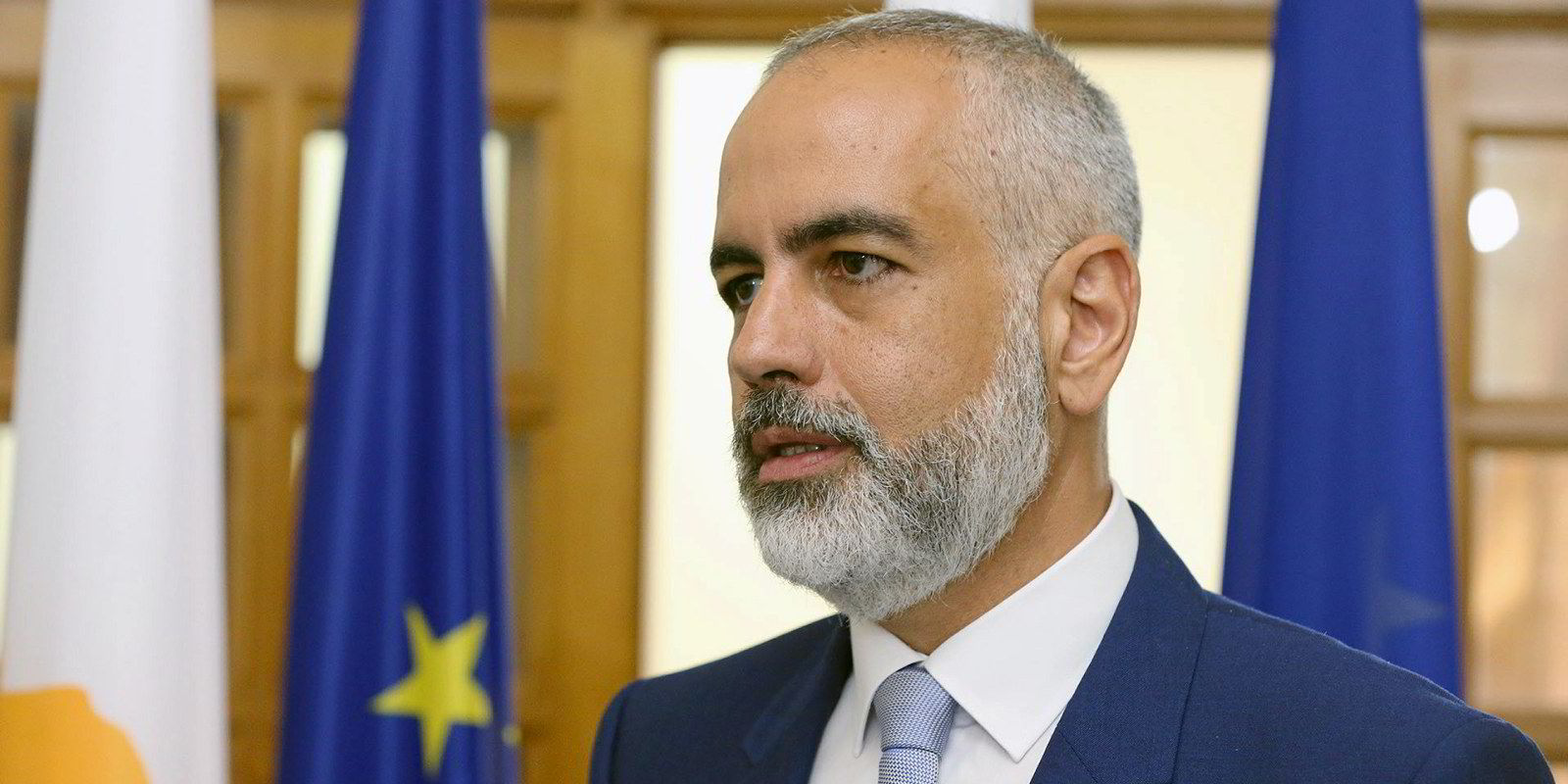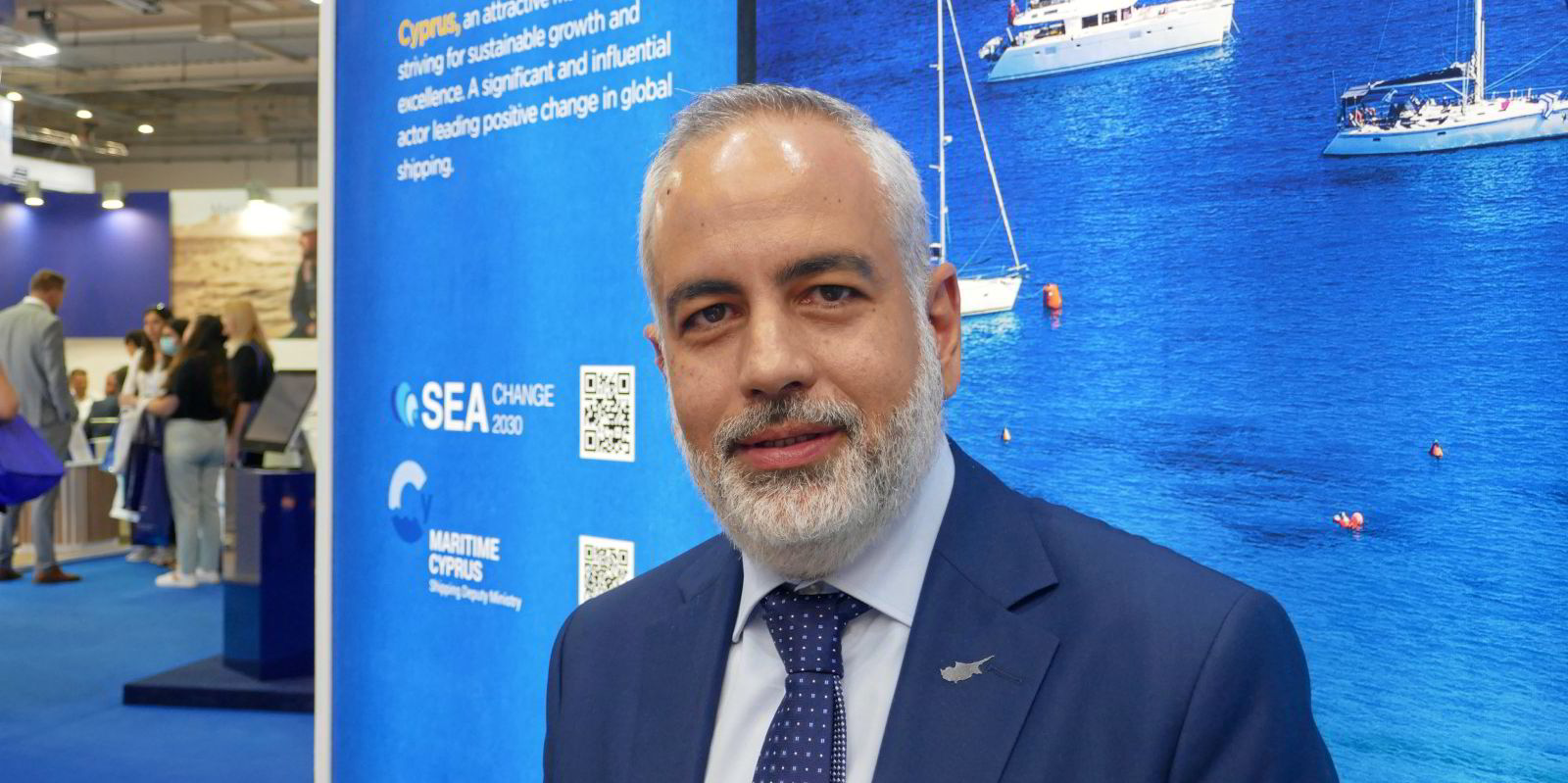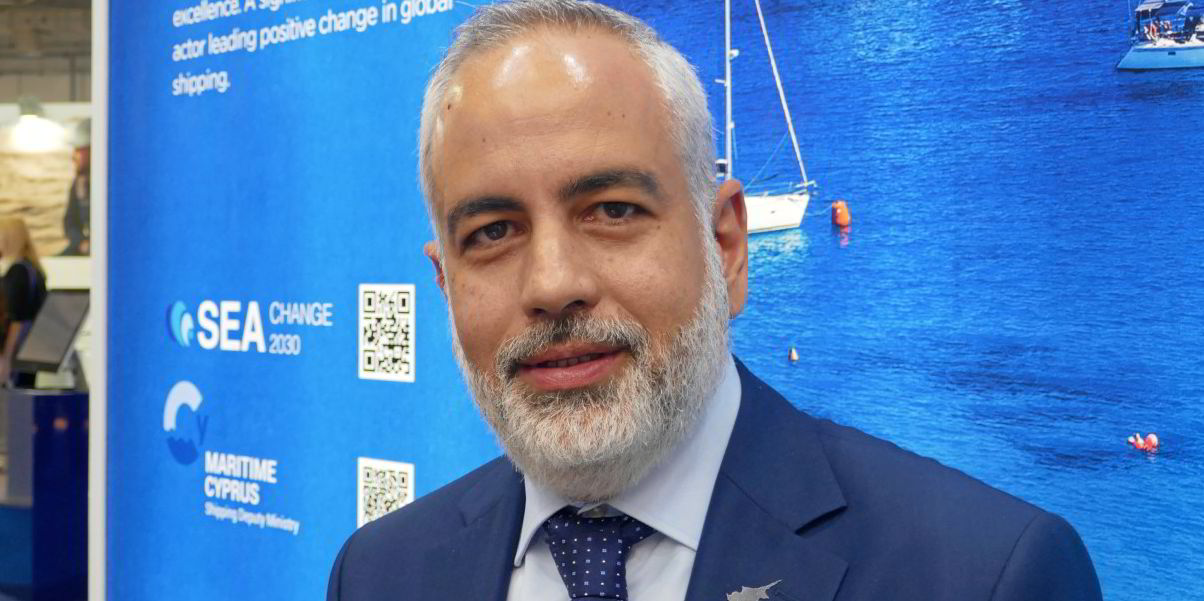Cyprus was doing everything right in the quest to boost its shipping sector.
Exactly five years ago, the island’s government set up a dedicated shipping ministry to speed up maritime policy formulation in Europe’s biggest ship-management hub.
Energised by the upgrade, its shipping officials have since introduced green tonnage tax incentives, adopted innovative ways to deal with port-state-control deficiencies, abolished registration and mortgage fees for oceangoing vessels, and taken steps to streamline and digitise the country’s flag administration — one of Europe’s biggest.
Then Covid-19 struck. Then it was the war in Ukraine.
“In the two-and-a-half years that I’m in office, we experienced two huge crises,” Vassilis Demetriades, who has been heading the country’s shipping deputy ministry since June 2020, said.
In 2019, the first full year the ministry was up and running, the number of ships under the Cyprus flag rose by 2.5% to 1,059, according to the Clarksons World Fleet Monitor.
However, the trend went into reverse gear after the pandemic.
Even though the toolbox to promote the country’s new product was in place, Demetriades argued in an interview that Covid made it difficult to do that in a “smarter and wiser way”.
The war in Ukraine then made things even harder.
Since Russia’s invasion of its neighbour a year ago, about 15% to 20% of the tankers flying the Cyprus flag decamped from its registry due to sanctions by the European Union, of which Cyprus is a member.
Backing the EU’s unprecedented sanctions against Moscow has come at a cost for the Mediterranean island nation, which used to be a traditional hub for offshore Russian business before the war.
The number of Cyprus-flag ships dropped further, to 1,004 at the end of last year, according to Clarksons. More requests for deletions have come in over the past two to three weeks.
Turning things around will not be easy.
“Shipping is a slow-recovery industry,” Demetriades said. “It’s not like tourism — once you lose a ship, it’s not easy to bring it back.”
The Cypriot government has fought shipping’s corner, playing a considerable role in formulating the maritime-related aspects of the string of EU sanctions against Russia.
In exchange, the country got assurances that Brussels would take some pro-shipping measures, such as coordinating with non-European flags to avoid vessels decamping from the EU, or offering tonnage-tax incentives for the employment of Ukrainian seafarers.
Cyprus also wants the EU to conduct a mapping exercise to identify problems faced by the shipping community and treat the industry as an integral part of its trade policy.
However, little of that has come to pass so far.
“I’m afraid to say that we haven’t seen any concrete actions,” said Demetriades, who has 12 years of experience in Brussels — much of which has been as a high-ranking maritime policy expert at the European Commission.

“We will not stop fighting to ensure that EU shipping remains competitive.”
By contrast, the impact of the war in Ukraine on Cyprus as a ship-management hub has been far more muted.
“This is still manageable. The shipping presence in Cyprus was never that dependent on Russia,” Demetriades said.
As a few big-name Russian companies such as Sovcomflot leave the country, others come in to fill the gap.
On 23 January, two days before the Cyprus deputy shipping ministry celebrated its fifth birthday in the country’s shipping capital of Limassol, cruise ship giant Royal Caribbean Group announced it was planning to open an office in the city.
“The government of Cyprus has provided invaluable assistance to us, and we are excited to grow our Mediterranean business from Cyprus,” Royal Caribbean vice president Ruth Marshall said.
If Cyprus is in cruise companies’ good books, it owes it in large part to its enlightened Covid policy.
During the pandemic, it vaccinated and helped repatriate more than 100,000 seafarers, regardless of their nationality — as long as they were serving on ships managed out of the country or flying its flag.
“We’re proud of what we did,” Demetriades said.
The existence of a separate deputy shipping ministry ensures that Cyprus will continue promoting policies friendly to the industry, regardless of who is its head.
A new government under freshly elected president Nikos Christodoulides will take office on 1 March.
In the TradeWinds interview on 13 February — a day after the presidential election — Demetriades declined to discuss if he would keep the job or if there would be a successor.
“Whoever will be here ... he or she, will have to ensure that there is continuity,” he said.
“Shipping is treated like a national treasure and it’s not a part of the national parties’ political agendas.”





